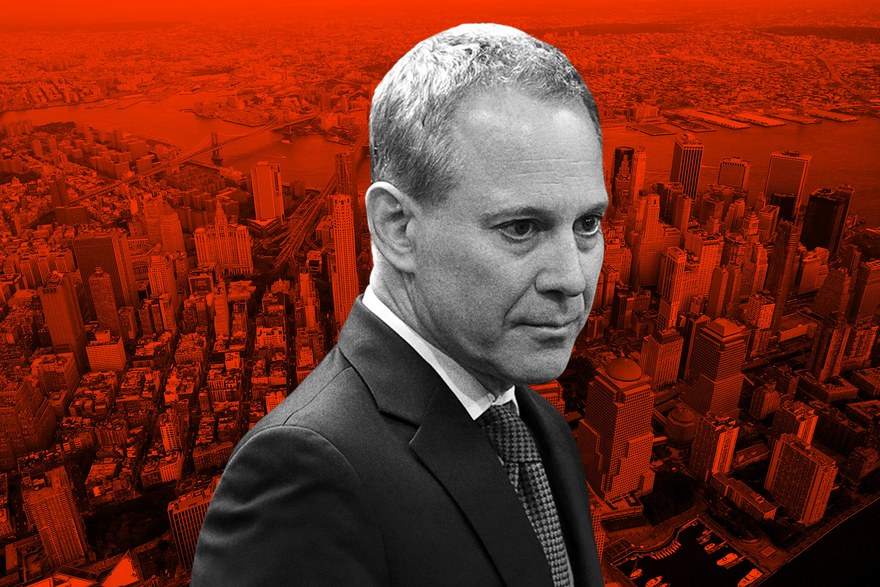After the Federal Communications Commission (FCC) just killed Obama-era net neutrality rules, supporters from every quarter have come forward vowing to fight the decision and reinstate the rules.
The 3-2 vote to kill existing rules was along party lines, but as soon as the Republican-led FCC announced the vote, supporters of net neutrality quickly made their moves.
New York Attorney General Eric Schneiderman said he would lead a multi-state lawsuit against the ruling, with Washington state Attorney General Bob Ferguson promising a suit of his own.
Ferguson added that “Allowing internet service providers to discriminate based on content undermines a free and open internet.”
Schneiderman, who was already investigating the public comment period where an alleged 2 million fake comments were submitted to the FCC, was not as soft on the FCC decision.
In a statement, the New York Attorney General said that the FCC had “made a mockery of government integrity,” and that their decision was gratifying “the very perpetrators who scammed the system to advance their own agenda.”
Despite the overwhelming support for net neutrality, there are some advantages to being able to choke certain types of traffic.
One academic asks why ISPs shouldn’t be able to block things like spam and illegal downloads.
But the implications are much wider than merely what type of content gets blocked or prioritized, as the case may be.
As far as supporters of net neutrality are concerned, the real crux of the issue is the tremendous amount of leverage and control that a lack of rules gives telecomm companies and ISPs.
In 2016, global IP traffic 1.2 ZB per year. A large chunk of that goes through the United States, both in and out. With ISPs now in full control of all that traffic, they have the opportunity to craft plans that favor some types of traffic over others.
That’s the real fear about not having net neutrality rules: it puts too much control into the hands of a small group of people.
What happens now is that the FCC puts itself out of the picture, leaving the Federal Trade Commission (FTC), a sister agency, to handle violations, but only after the fact.
With net neutrality rules gone for now, the only pre-emptive measure against unfair business practices by service providers has been removed.
+++ + +++



